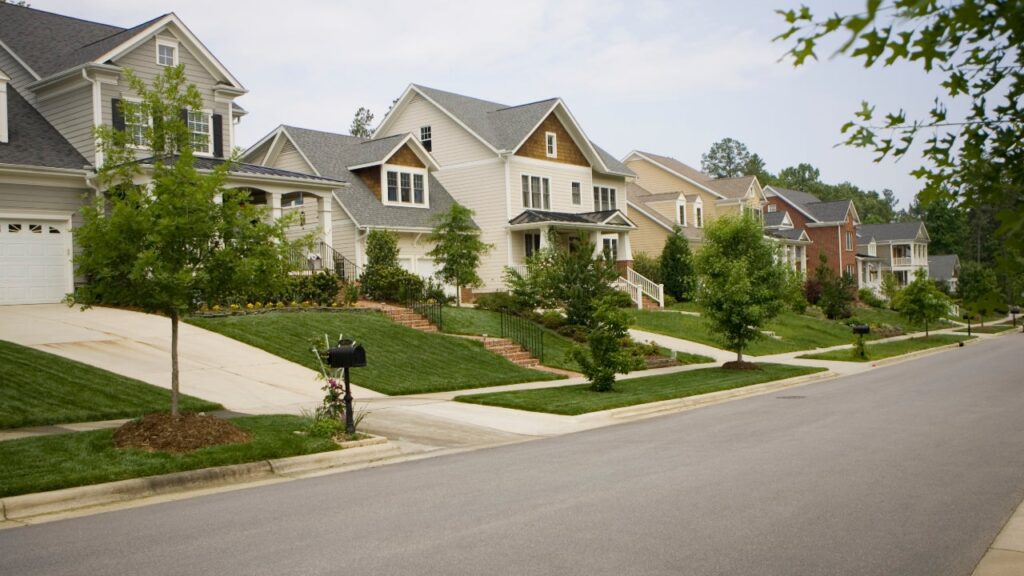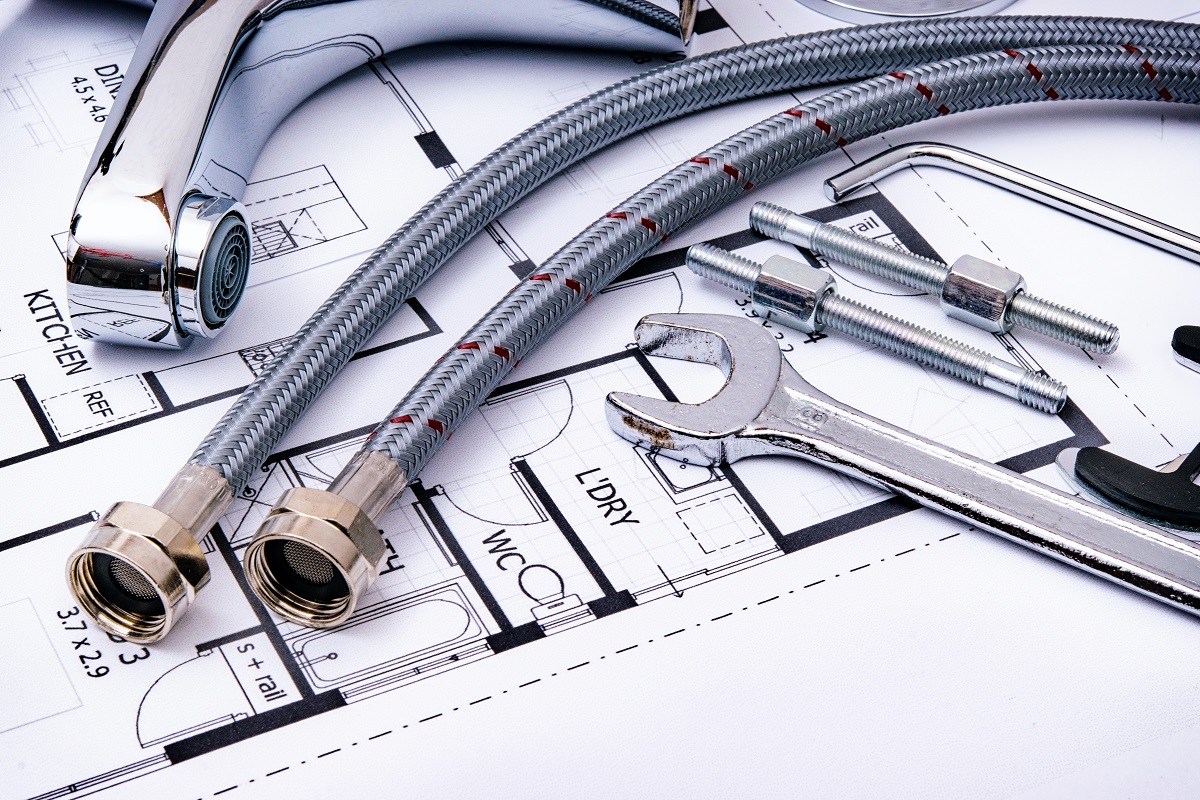
Homeowners Associations (HOAs) play a significant role in managing and maintaining the quality of life in residential communities. Whether you’re purchasing a home in a planned community, a condo, or a townhouse, chances are you’ll encounter an HOA. But what exactly are they, and how do they impact homeowners?
In this article, we’ll break down what Homeowners Associations are, their responsibilities, and the pros and cons of living in an HOA-managed community. By the end, you’ll have a better understanding of how HOAs can influence your homeownership experience.
What is a Homeowners Association (HOA)?
A Homeowners Association (HOA) is an organization created to oversee the rules, regulations, and upkeep of a residential community. It is typically established by the developer when the community is first built. Once established, the HOA becomes responsible for maintaining common areas, enforcing community rules, and making decisions that benefit the overall property values and the residents.
Most HOAs operate in planned communities, condominiums, and townhome developments, where shared amenities such as pools, parks, landscaping, and other communal spaces are common. HOA members are usually homeowners within the community, and all residents are typically required to pay dues or fees to support the HOA’s operations.
What Does an HOA Do?
According to National Association Of Realtors, an HOA has a wide range of responsibilities, all of which are aimed at maintaining a harmonious and attractive living environment. Here’s a closer look at what an HOA typically manages:
Maintenance of Common Areas
HOAs maintain shared amenities such as parks, community centers, roads, pools, and walking trails. This ensures that these spaces are well-kept, safe, and usable for everyone.
Enforcement of Community Rules
An HOA creates and enforces rules (often referred to as covenants, conditions, and restrictions, or CC&Rs) that govern the behavior of homeowners within the community. These rules can include things like:
- Restrictions on home exterior modifications (e.g., color of the house, type of fencing)
- Pet policies
- Noise regulations
- Yard maintenance requirements These rules help maintain the community’s aesthetic appeal and ensure property values remain high.
Managing Finances and Fees
HOAs collect fees (often referred to as HOA dues or assessments) from homeowners to fund their activities. These fees cover the costs of maintaining common areas, insurance, landscaping, and any necessary repairs. In some cases, the fees also contribute to a reserve fund for future repairs or improvements.
Handling Disputes and Complaints
When conflicts arise between neighbors or with the HOA itself, the association often steps in to mediate and resolve the issue according to the community rules. This helps to maintain peace and order within the neighborhood.
Improving and Enhancing the Community
Many HOAs organize events such as neighborhood social gatherings, garage sales, or holiday celebrations to foster a sense of community. Additionally, they may invest in upgrading public areas or implementing sustainable practices, like recycling programs, to improve the neighborhood’s overall appeal.
The Benefits of Living in an HOA Community
While HOAs have a reputation for being restrictive, there are several advantages to living in an HOA-managed community:
Property Value Protection
One of the key benefits of an HOA is its role in maintaining property values. By enforcing rules and regulations about home appearance, lawn care, and other factors, the HOA ensures that the community remains visually appealing, which helps protect your home’s value over time.
Maintained Common Areas
Living in an HOA community means you’ll have access to well-maintained shared spaces like parks, playgrounds, and swimming pools, without the hassle of maintaining them yourself. The HOA handles all upkeep, which can save you both time and money.
Community Engagement
HOAs help foster a sense of community by organizing events and activities that bring neighbors together. Whether it’s a neighborhood barbecue, a holiday party, or a charity event, these activities create opportunities for socializing and building connections with your neighbors.
Consistency in Rules
HOAs provide a consistent and structured set of rules that help ensure the neighborhood remains orderly and harmonious. This consistency can be particularly appealing for those who value a well-maintained, predictable environment.
The Drawbacks of Living in an HOA Community
Although there are numerous benefits, living in an HOA community isn’t for everyone. Here are some of the potential downsides to consider:
HOA Fees
HOA dues can be a significant financial commitment. While the fees often cover the cost of maintenance, insurance, and communal amenities, they can add up quickly, especially in luxury communities or areas with extensive amenities.
Restricted Freedom
HOAs impose rules and restrictions on homeowners, which can feel limiting to some. Whether it’s a restriction on the color of your home or a ban on certain types of landscaping, these rules can feel intrusive, particularly if you like to express your individuality through home improvements.
Enforcement of Rules
Some homeowners may feel that the HOA is overly strict or enforce rules too aggressively. Violations of HOA rules can lead to fines or other penalties, which can feel frustrating if you believe the rules are unnecessary or overly burdensome.
Conflict with the HOA
If you disagree with the decisions or management of the HOA, it can lead to tension and conflict. Some HOAs are run by volunteer board members, and if the board is not effective in managing community affairs, it can cause frustration among residents.
Are HOAs Right for You?
Deciding whether to live in an HOA community is a personal choice. It largely depends on your preferences for community engagement, financial situation, and willingness to adhere to rules and regulations. Here are some factors to consider:
- Do you value a well-maintained community with common amenities? If you enjoy the benefits of communal spaces like parks, playgrounds, or pools, an HOA community might be right for you.
- Are you okay with paying HOA fees? HOA fees can be an added expense, so ensure you’re comfortable with the cost before moving into an HOA-managed community.
- Do you prefer rules or flexibility? If you value personal freedom and flexibility in making home improvements or changes, the restrictions imposed by an HOA might feel too limiting.
Conclusion
Homeowners Associations play a crucial role in maintaining the quality of life within residential communities. While they offer several advantages, such as property value protection, community engagement, and well-maintained common areas, they also come with potential downsides, including HOA fees and restrictions on personal property. Understanding how an HOA functions and what it offers can help you decide if living in an HOA community is the right choice for you.
Whether you’re a first-time homebuyer or considering moving into an HOA-managed community, it’s essential to carefully evaluate the specific rules, fees, and overall culture of the HOA before making a decision.




